 alt=”Upclose with a dog at the shelter”>
alt=”Upclose with a dog at the shelter”>
Looking for zoo internships? Whether you want a zoo internship in order to improve your application to vet school, get experience for a career in zoology, or meet an internship requirement at your school, trying to find a placement can be tricky. Check out the suggestions below for help!
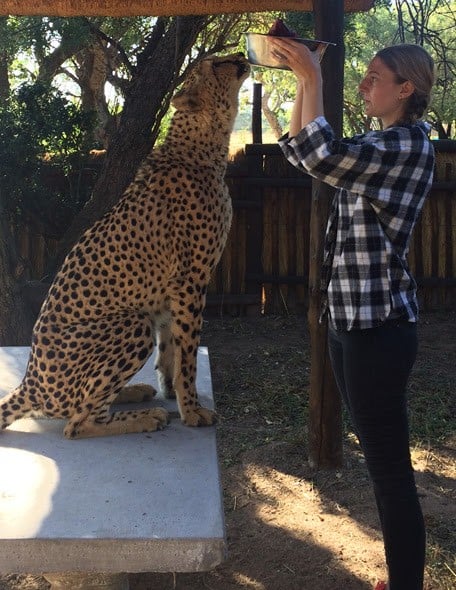
Don’t wait until the day before to apply for a zoo internship! Many zoos have formal internship programs that include an application process and have a set start and end date, so be sure to research the zoos in your area well ahead of time so that you don’t miss any important deadlines.
Even if the zoo nearest you doesn’t have an internship program, you might contact them about potential internship opportunities. The further ahead you plan, the more likely they may be to be able to work with you and accommodate your schedule.
Zoo summer internships can be a great way to get more hours than your in-school schedule would allow. If you’re open to the possibility, consider researching opportunities at zoos that are not near your home or campus and living in that location for the summer, which will open the door to more opportunities. You might also look at summer programs abroad that could provide you with zoo internship credit, that offer zoo summer internships, or that work with animals and could be considered a zoo medicine internship even if they don’t take place at a zoo.
Once you’re ready to start the hunt for a zoo internship, set yourself up for success by being the best candidate you can! Put together a resume (you can find templates online) that includes work, volunteer, and course experience that would be relevant to a zoo internship. This includes science and animal-related courses, animal-related clubs and activities, any animal-related work or volunteer experience, and any animal-related abroad programs you have done. You may also include experience caring for your own animals, especially if they have special medical needs or include large animals such as horses.
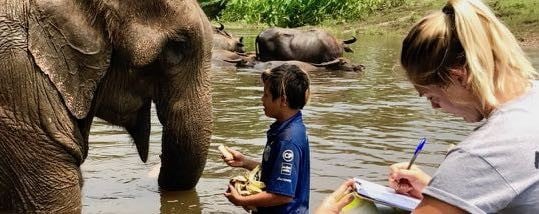
It’s appropriate to include non-animal-related information that shows you are reliable and dependable. This could include mention of a high GPA, honors you have, any degrees or certificates you’ve obtained, leadership positions in clubs and activities, or jobs that you’ve held or currently hold. You don’t need to elaborate much on these, but you can certainly list them.
While you don’t need to include references on your resume, it’s good to have a few available if needed. If you’re applying for zoo internships that require references, think of teachers, professors, supervisors, or bosses that could speak well of you and ask them in advance if they’d agree to be a reference. If they say yes, you can then provide their contact information when asked.
If you feel like your resume is lacking, that’s okay! Take it as an encouragement to continue looking for opportunities to get experience. Summer programs or courses with animals or in pre-vet, zoology, or animal science can be a great way to build experience and make your resume more competitive while helping you figure out exactly what you’d like your career specialty to be.
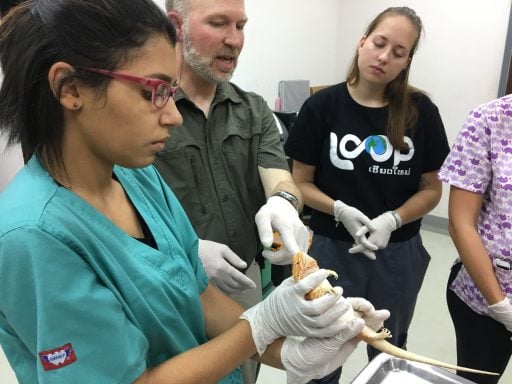
Reaching out to zoos and similar facilities, such as aquariums, in your area is a great place to start. But if you don’t find a zoo internship right away, don’t stop there! Let your network of connections know that you are interested in zoo internships. Past teachers, people you’ve worked with within the animal community, parents of friends, and friends of your parents can be great connections, so put the word out!
You can post on social media, or you can also send a short email letting people know that you are looking for zoo internships and you appreciate if they can share any opportunities that they know about or put you in touch with anyone who might know. You can choose to attach your resume or not.
When it comes to finding zoo summer internships, you might also ask friends or classmates who’ve done an internship or animal program in the past if they can share program information or pass on contact information to you!
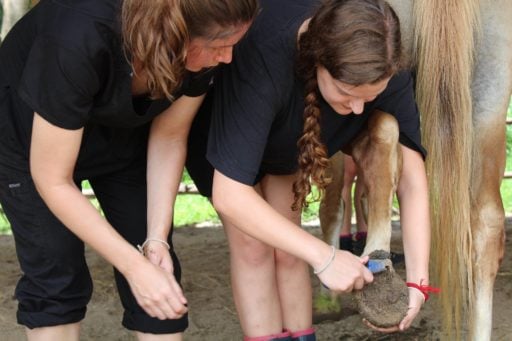 If you are currently in school, there are lots of resources you can access in your quest to find a zoo internship. Think about looking in the following places for advice and information:
If you are currently in school, there are lots of resources you can access in your quest to find a zoo internship. Think about looking in the following places for advice and information:
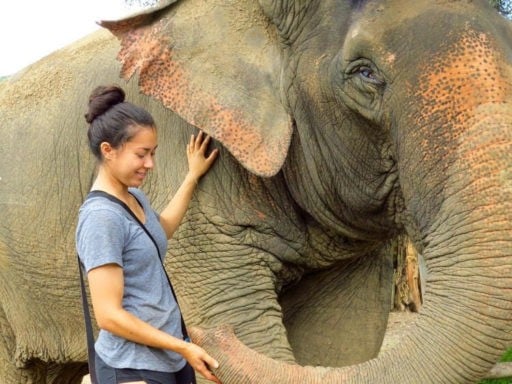
Programs abroad can be a great opportunity to have a life-changing adventure while finding zoo summer internships that give you hands-on experience. Don’t forget to look beyond zoos and consider programs at sanctuaries, rescue facilities, and other facilities where you can work with animals and get hands-on experience that would be relevant to working at a zoo. These experiences can also greatly enhance your resume and make you a more competitive applicant for zoo summer internships in the future.
If you’re looking for a zoo medicine internship, you can apply today for a space in one of Loop Abroad’s Veterinary Service programs and get experience learning zoo medicine with a vet in Thailand (40 hours), Australia (80 hours), or South Africa (80 hours).
Or, you can apply for the Veterinary Semester Abroad and get more than 250 hours of vet experience, with more than half of that being zoo, wildlife, and marine experience.
For students currently in vet school, our program for vet students may meet your zoo internship requirements, putting you hands-on learning elephant medicine with an elephant vet.